Why You Need Magnesium in Your Diet and How IV Therapy Helps
Magnesium is an essential mineral that plays a vital role in your overall health and well-being. Found in many magnesium-rich foods, it supports various bodily functions, such as maintaining bone health, regulating blood sugar levels, and ensuring optimal heart function. Despite its importance, many Americans fail to get enough magnesium, leading to potential health issues like muscle cramps, abnormal heart rhythm, and even high blood pressure. This blog explores why your body needs magnesium, the health benefits of this nutrient, and why IV therapy can be a game-changer for achieving optimal magnesium levels.
The Importance of Magnesium in Your Diet
Magnesium is crucial for more than 300 enzyme systems that regulate diverse biochemical reactions in the body, including:
Supporting heart health by stabilizing electrical activity in the heart and preventing irregular heartbeat.
Assisting in the absorption of calcium and promoting strong bones, reducing the risk of osteoporosis.
Regulating blood sugar levels which can help manage and prevent type 2 diabetes.
Reducing the risk of cardiovascular disease by improving blood pressure and preventing high blood pressure.
Alleviating migraine headaches and supporting nerve and muscle function, preventing muscle cramps.
Common Food Sources of Magnesium
Getting magnesium-rich foods into your diet is essential for maintaining optimal levels of magnesium. Here are some excellent sources of magnesium:
Whole grains, like whole wheat and brown rice
Green leafy vegetables, such as spinach and kale
Legumes, including black beans and edamame
Nuts and seeds, such as cashews, pumpkin seeds, and chia seeds
Dark chocolate and peanut butter
Fortified cereals and other food sources like fish
While these are good sources, many people still struggle to achieve the required amount of magnesium due to poor dietary habits or underlying health conditions.
Causes and Consequences of Low Magnesium Levels
Low magnesium intake, or magnesium deficiency, can arise due to an unbalanced diet, health conditions like Crohn’s disease, or medications such as diuretics and bisphosphonates. The consequences of low magnesium can include:
Muscle cramps and abnormal heart rhythm
Fatigue and weakness
Increased risk of type 2 diabetes and osteoporosis
Difficulty regulating blood sugar and blood pressure
Health professionals often recommend dietary and magnesium supplements to address low levels of this nutrient, but oral supplementation isn't always sufficient.
Why IV Magnesium Therapy is Effective
While dietary and dietary supplements are helpful, they can have side effects, such as abdominal cramping or acting as a laxative when taken in high doses. Magnesium citrate, for example, is often used for its gentle gastrointestinal effects but may not address acute low magnesium levels effectively.
This is where IV magnesium therapy comes in. Administered by healthcare professionals, IV therapy delivers magnesium directly into your bloodstream, bypassing the digestive system. This ensures faster absorption, optimal levels of magnesium, and immediate relief from symptoms associated with magnesium deficiency.
Benefits of Magnesium IV Therapy
Supports bone health, working in tandem with calcium and vitamin D
Helps regulate blood sugar levels, benefiting people with type 2 diabetes
Prevents abnormal heart rhythm and promotes heart health
Alleviates muscle cramps, making it ideal for athletes or those under physical stress
Addresses magnesium needs in specific populations, such as those with Crohn’s disease, individuals breastfeeding, or patients recovering from illnesses
How Much Magnesium Do You Need?
According to the National Institutes of Health fact sheet, the daily recommended magnesium intake varies based on age, gender, and life stage. Dietitians and your health care provider can guide you on how much magnesium you need to meet your unique requirements.
Takeaway
Magnesium is an important role player in many aspects of health, from preventing cardiovascular disease to managing irregular heartbeat and migraine headaches. While a balanced diet including whole grains, legumes, chia seeds, and dark chocolate can provide good sources of magnesium, IV therapy is an excellent option for those who need immediate relief or have difficulty absorbing oral magnesium supplements.
